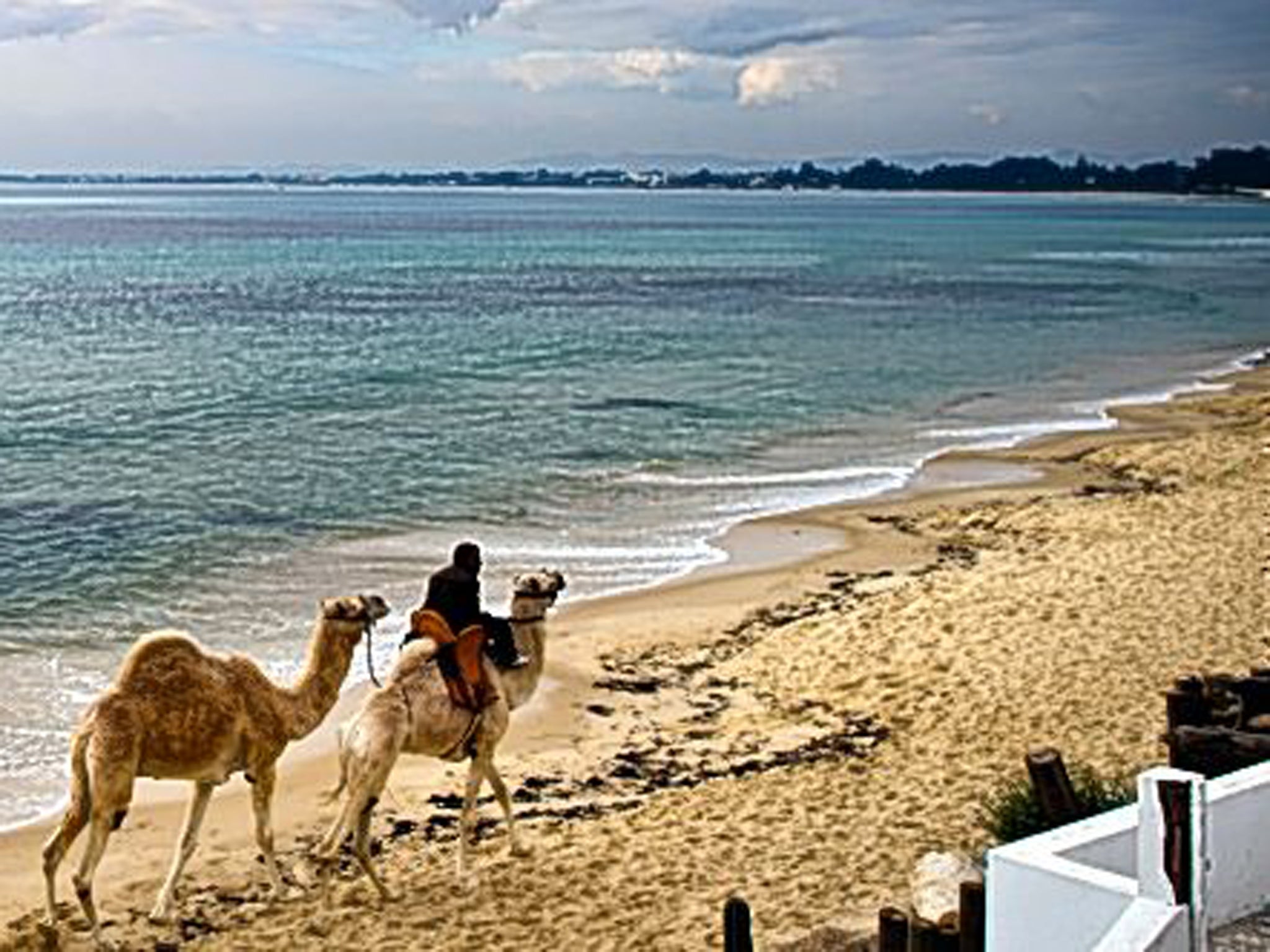Is Tunisia good to visit in autumn... and just how safe is it for tourists?

Your support helps us to tell the story
From reproductive rights to climate change to Big Tech, The Independent is on the ground when the story is developing. Whether it's investigating the financials of Elon Musk's pro-Trump PAC or producing our latest documentary, 'The A Word', which shines a light on the American women fighting for reproductive rights, we know how important it is to parse out the facts from the messaging.
At such a critical moment in US history, we need reporters on the ground. Your donation allows us to keep sending journalists to speak to both sides of the story.
The Independent is trusted by Americans across the entire political spectrum. And unlike many other quality news outlets, we choose not to lock Americans out of our reporting and analysis with paywalls. We believe quality journalism should be available to everyone, paid for by those who can afford it.
Your support makes all the difference.Q. I'm thinking of booking a late deal to Tunisia. Is October a good time to go? Should we choose all-inclusive or bed-and-breakfast? And is it safe to holiday there? Katherine Stephens
A. Autumn is an excellent time to visit Tunisia. Although the summer heat has eased, the sea will still be warm. October is the wettest month on the coast of Tunisia (along with December), but it rains on average only one day in four.
For anyone who wants to explore beyond the walls of a resort, bed-and-breakfast is certainly a better option than going all-inclusive. Tunisia's resorts are full of cheap, cheerful and delicious places to eat and drink. By spending money outside your hotel, you are likely to bring more benefit to the community.
With resorts stretching along the Mediterranean coast, there is plenty of choice, but if you want to explore then Hammamet is a good bet. It is an attractive and atmospheric town in its own right, with a fascinating medieval medina and a beach (pictured). It also enjoys good links to Tunis. A train to the capital takes around an hour, for a fare of 6.25 Tunisian dinars (about £2.50). The souk is well worth exploring, as is the elegant French colonial quarter. Carthage, one of the most fascinating classical sites on the Mediterranean, is easy to access from Tunis – and worth a day of anyone's time. Alternatively, heading south and west will take you to the ancient city of Kairouan, one of the holiest shrines in Islam, with the desert beyond.
For more options, read a recent report from The Independent Traveller: bit.ly/ TunisPlus.
In terms of security: the largely peaceful overthrow of the dictator, Ben Ali, has been disfigured by the recent assassinations of opposition politicians. Those killings have sparked protests, including a general strike in the summer. The Foreign Office warns: "Be aware of the changeable political and security situation, and of the possibility of strikes and protests, some of which could turn violent".
Finally, note that Tunisia is one of those tiresome countries with rigid currency controls, so you won't be able to buy any Tunisian dinars in advance. But you can get some as soon as you arrive.
Join our commenting forum
Join thought-provoking conversations, follow other Independent readers and see their replies
Comments